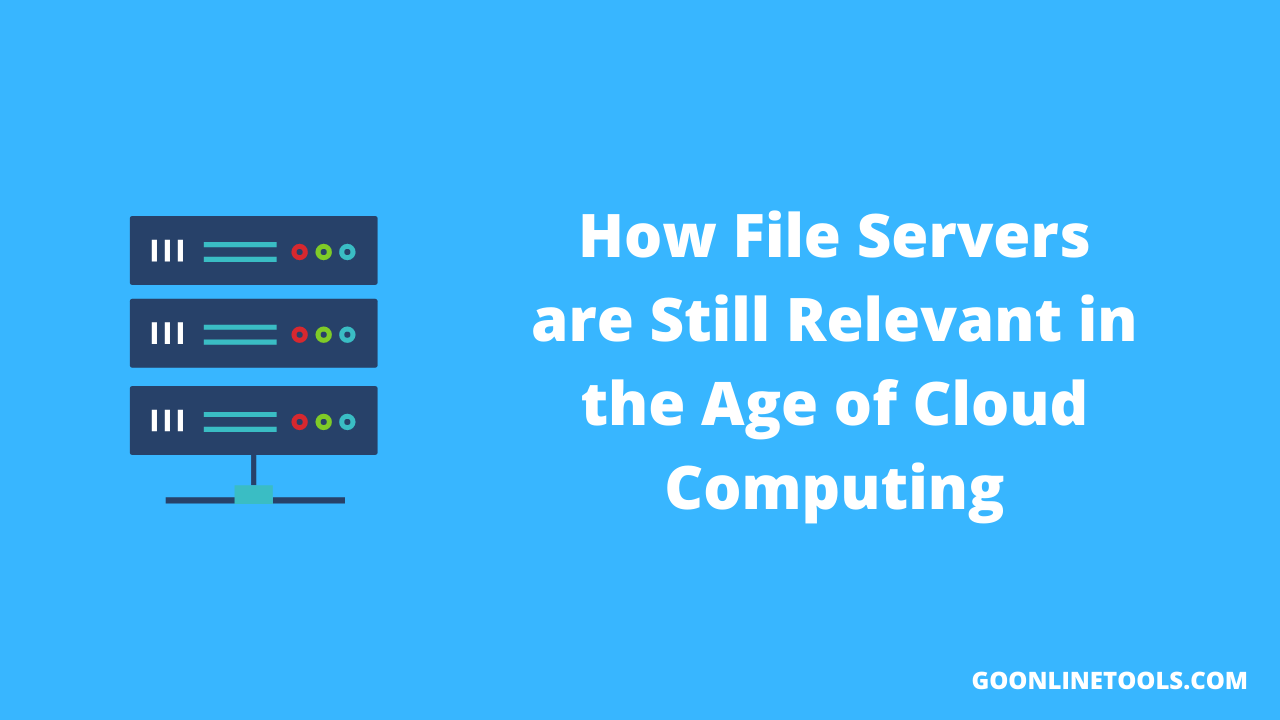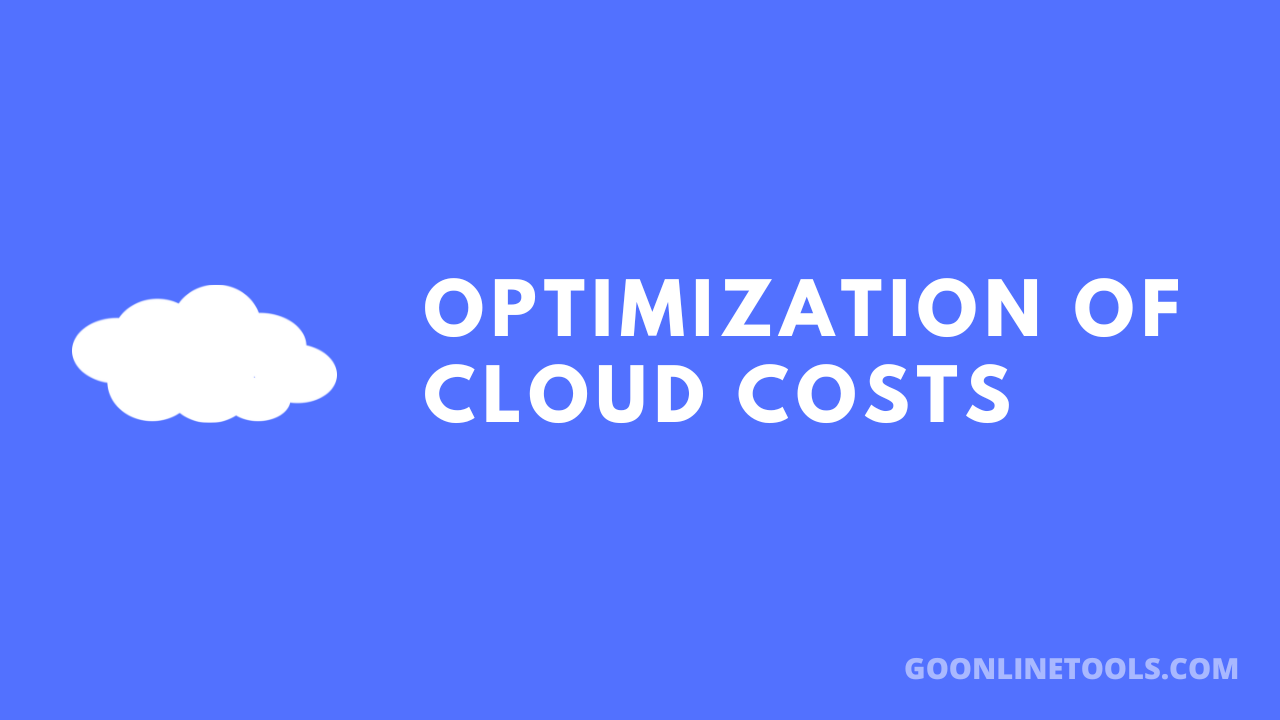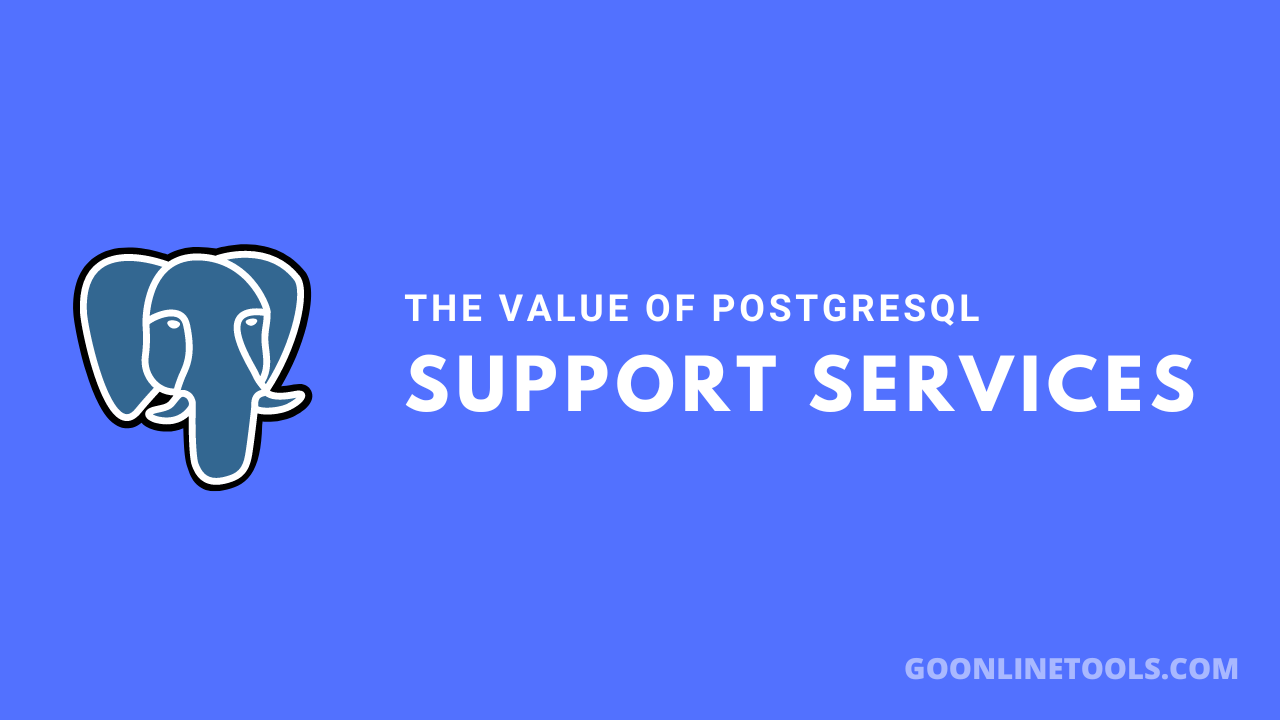
With cloud computing becoming more and more popular, it’s hard to imagine a time when we needed to rely on old-fashioned file servers. But many firms still rely on them for solutions like backup and storage.
File servers are often overlooked in the world of technology because they aren’t flashy or expensive. But their reliability is what makes them so valuable. They’re the workhorses that keep everything running smoothly while less important systems are being updated. It’s not that simple to just get rid of an entire system without consequences. The point is, don’t discount file servers just yet!
Read on to find out how they’re still relevant in the age of cloud computing.
Before choosing the right cloud computing make sure you know everything about cloud computing and for this you can go with cloud consulting companies
The Importance of File Servers
Without a doubt, the main reason we need file servers is to ensure we can access data no matter what. Not only do these servers keep your backup data in order, but they also hold all the company’s important documents.
Many firms have become accustomed to remote access these days. This means they use public services like Google Drive, Office 365, and OneDrive, but cloud services only go so far. We still have to manually handle our data to make sure everything stays secure.
While cloud storage provides a convenient option for transferring data between computers, there are numerous security concerns that remain. It’s best to use a file server solution that can only be accessed by people with appropriate permissions. This is where on-premise file servers come in.
Why Companies Still Use File Servers
Most file servers are installed on a server farm or in a separate room in a building. This may seem like a little detail, but it actually makes a big difference when it comes to security.
For starters, an on-premise file server reduces the attack surface for malicious actors. Public-facing file storage is at risk for brute force hacks and denial of service attacks. An on-premise server’s biggest attack vector is physical tampering, but this can easily be mitigated with on-site security measures.
Here are some of the reasons why companies still use file servers today:
Reason #1 – Security
All the major cloud platforms like Dropbox and Google Drive have been hacked. The ramifications of these breaches can be devastating to your company.
On-premise servers don’t have this issue because users aren’t granted access to other systems or the internet when using a file server, and you can formulate disaster recovery protocols to mitigate downtime in the event of a server failure.
A company can also perform internal audits on how many downloads or uploads are occurring, to make sure the server is still being used correctly. These audit logs can be helpful when assessing performance problems.
There are certain safety measures companies must take before giving out access to a file server to their employees. This is especially true when you’re discussing private data that can’t be accessed by outsiders.
Reason #2 – Performance
File server performance isn’t just limited to reducing the attack surface. It also means you’re able to serve large amounts of data at faster speeds. When using a cloud service, transfer speeds can be very slow. Cloud providers often throttle transfer speeds, as they’re servicing a large number of users, and aren’t able to keep up.
An on-premise file server will only be limited by its hard drive, processing power, and network connection.
Data transfer speeds are typically much faster than cloud services because the service isn’t being shared with other people. This means you can transfer large files to your employees as quickly as possible, which could be a huge advantage when uploading videos or presentations.
Reason #3 – Storage Capacity
Cloud storage providers offer storage options in tiers – if you need more storage capacity, you’ll need to upgrade to the higher tiers. With an on-premise file server, your storage capacity is limited only by the hardware you install.
Physical storage is generally pretty cheap nowadays, so it’s practically a drop in the bucket to outfit your file server with several terabytes of storage space.
Editorial Team
The Editorial Team at GoOnlineTools.com specializes in delivering cutting-edge information on technology.
View all postsComments 0
No comments yet. Start the conversation!





